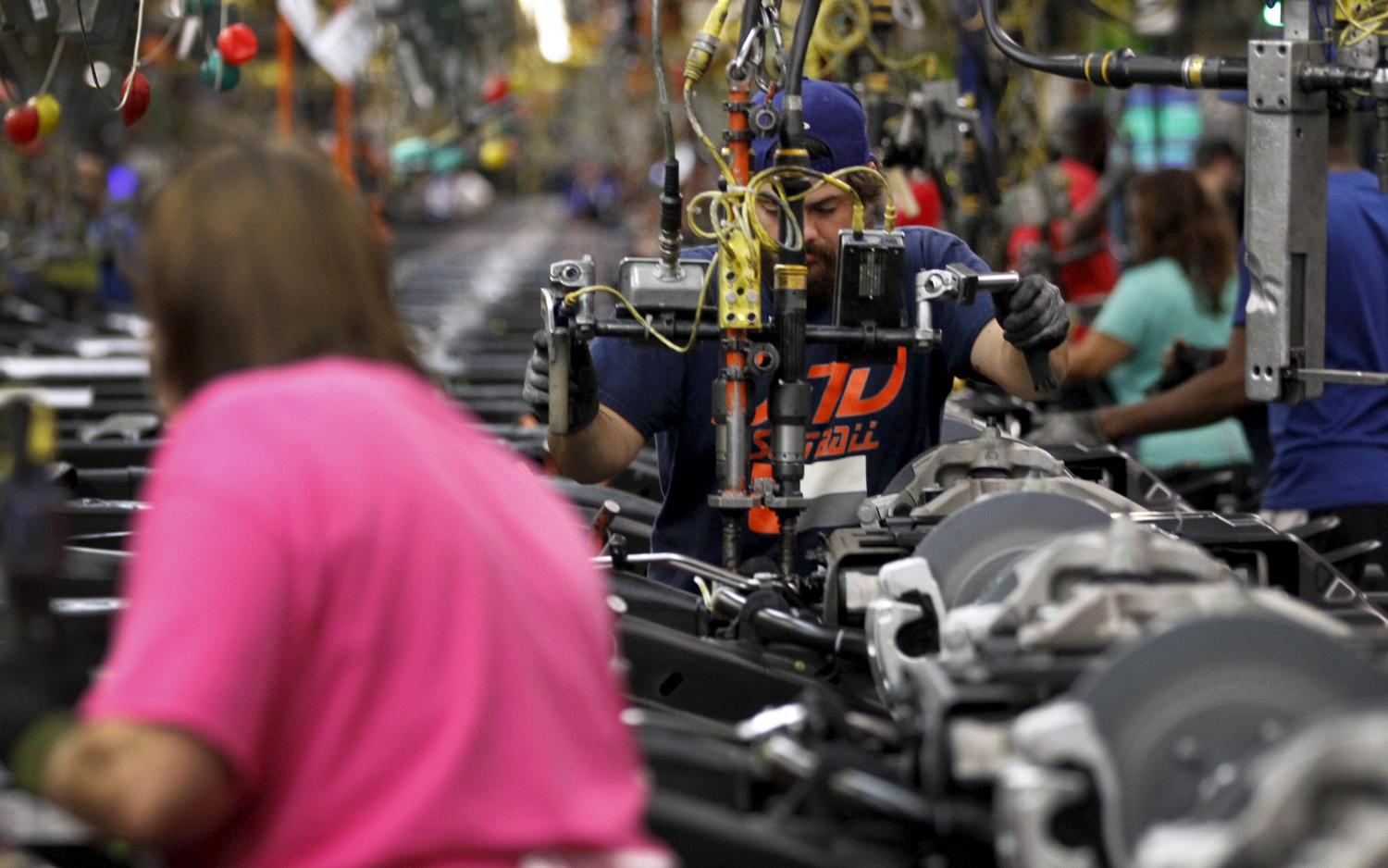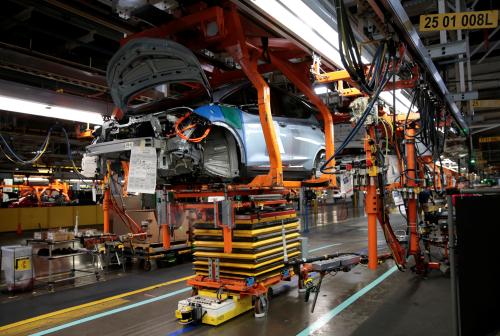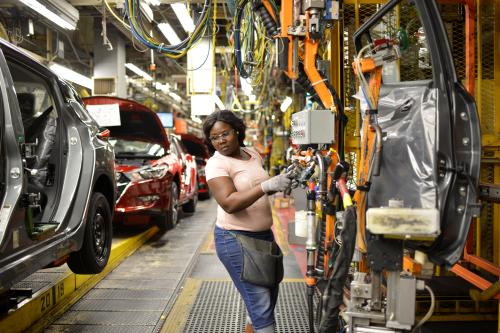This paper was prepared for the inaugural conference on “Automation and the Middle Class” for the Brookings Institution, Future of the Middle Class Initiative.
In the last four decades, the US and other industrialized economies have experienced a pronounced drop in the fraction of the population working in middle-waged jobs. Since employment growth has been weighted toward the upper- and lower-tails of the wage distribution, this phenomenon has become known as job polarization. An important literature demonstrates that this change has meant the loss of job opportunities in certain types of occupations—those that are routine in nature, for which the tasks performed on the job follow a well-defined linear structure or procedural routine. The fact that such occupational tasks are easily automated has led researchers to study the role of recent advances in “automation technologies” in this disappearance of middle-skilled jobs. In this paper, we review the literature regarding polarization and the changing nature of work in the US economy, and discuss its implications for the middle-class.
The Brookings Institution is committed to quality, independence, and impact.
We are supported by a diverse array of funders. In line with our values and policies, each Brookings publication represents the sole views of its author(s).








